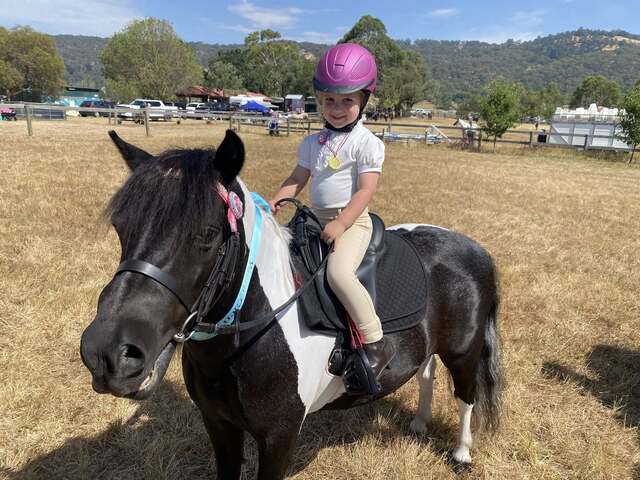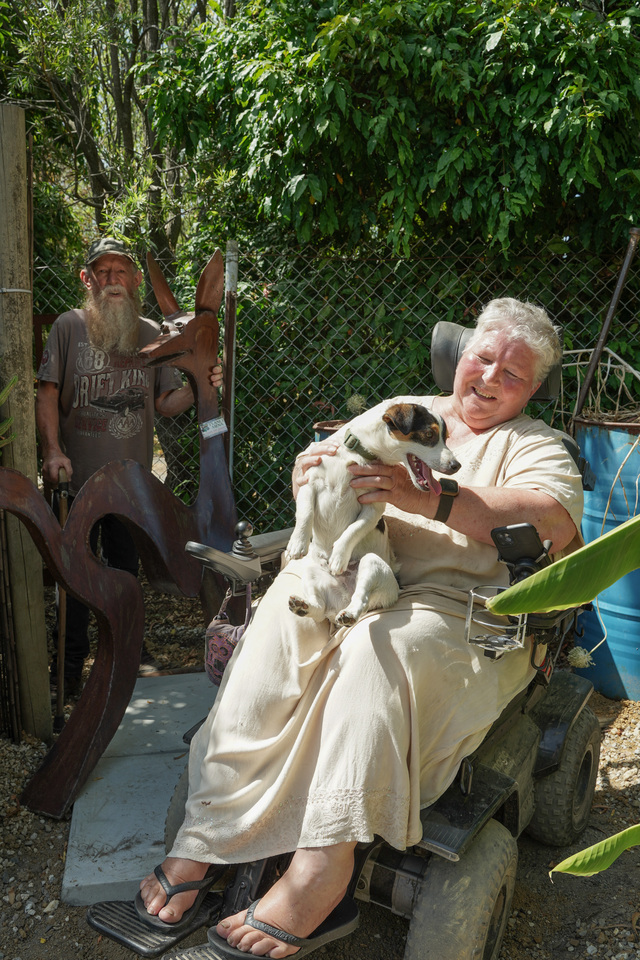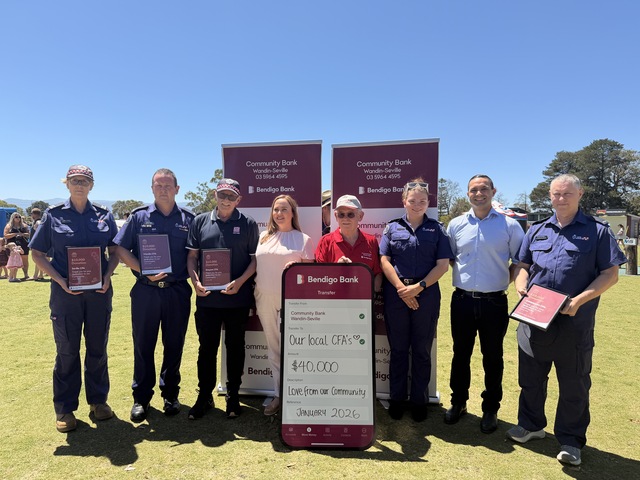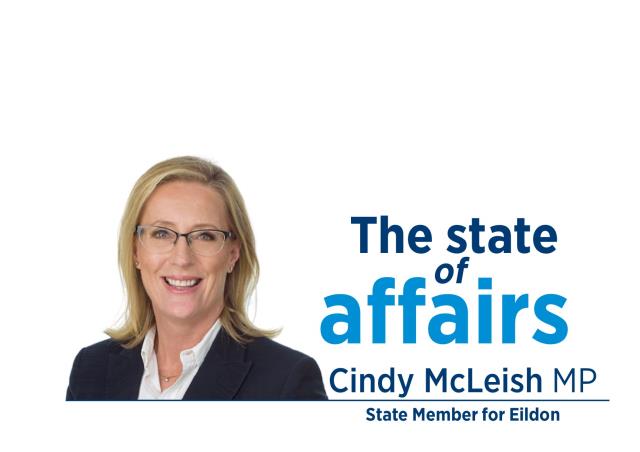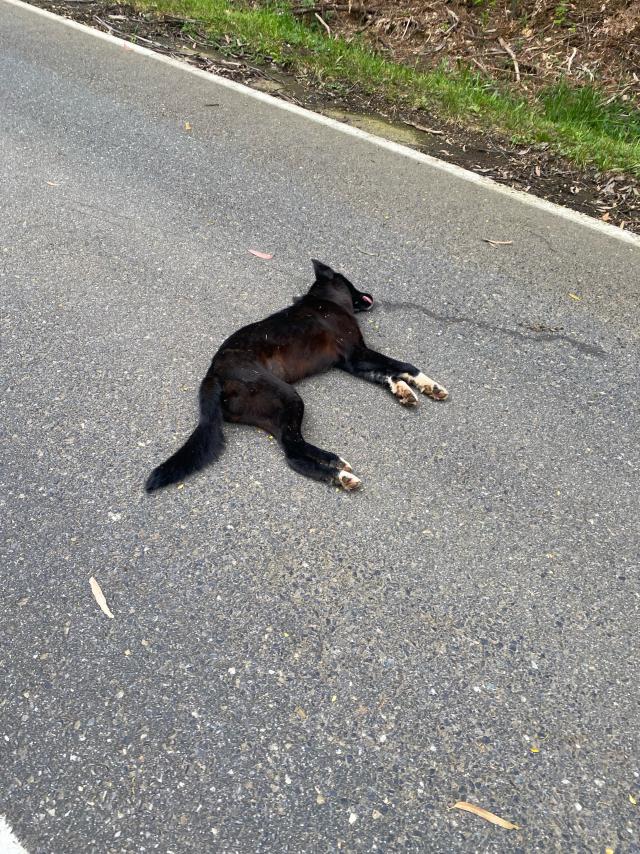YELLINGBO’s CFA captain says fuel loading is extreme in the Yellingbo Conservation Reserve and he will refuse to send his volunteers in to fight a major fire if maintenance tracks are inaccessible.
Brigade captain Paul Spinks wants to set the record straight on the brigade’s stance towards the Victorian Environmental Assessment Council investigation into how to conserve and enhance the flora and fauna values in an area across the Yarra Ranges from Healesville to Gembrook, Sassafras to Millgrove and in between.
He was disappointed that little to none of the brigade’s submission about good fire management was included in the Yellingbo Investigation Draft Proposals Paper.
“Good fire management is in the interests of all stakeholders but by under-resourcing such conservation reserves, community safety is compromised and conservation goals fail,” he said.
“What will we leave for our future generations if we fail to plan for fire?”
But VEAC told the Mail they had to make recommendations that strictly adhered to the terms of reference given by the State Government, and felt the wider Victorian fire management policy covered the issue appropriately.
The 82-page draft paper was published in December, with an extended public consultation period ending yesterday, Monday 25 March.
Mr Spinks said the Yellingbo Fire Brigade, current State Government, CFA and the Yellingbo community had resourced and funded itself with two fire-fighting vehicles costing $350,000 that were intended for use on the reserve tracks, but said he would not put his members in danger if the tracks weren’t accessible.
“In the event of a significant fire local CFA brigades will have no choice but to combat a fire from private land for our own safety … to say we are happy to do so is misleading,” he said.
“For small or medium fires the preference would be to use management tracks within the park but vegetation regenerating on the edge of tracks makes this unsafe.
“Fuel loading in the reserve is now extreme … even a small fire is likely to escalate quickly into a fire that will decimate threatened flora and fauna species like the highly endangered Helmeted Honeyeater, Leadbeater’s Possum and Common Pink Heath.”
He said in its recommendations, the VEAC has made “passing reference to fire management but the recommendations fail to address resourcing issues, the development of preventative maintenance systems and the necessary financial resources to achieve meaningful outcomes”.
While VEAC chairperson Phil Honeywood did not answer questions The Mail asked about conversations that were had with members of the public during a consultation in Healesville about brigades fighting fires from private land, he said: “While VEAC has recognised and factored in the crucial issue of bushfire management across the investigation area, fire management is comprehensively covered in the integrated bushfire planning and emergency management arrangements in the region.
“These arrangements and plans take account of significant flora, fauna and habitat.”
VEAC project manager Paul Peake agreed that fire management related to conservation, but was a much broader area that didn’t cover the terms of reference.
“Fire is one of the bigger issues and more directly related to nature conservation than say roads or other public land uses,” he said.
“If there wasn’t a fire management plan VEAC might want to recommend that to take it into consideration, but it’s not a gap, it’s a major exercise the State Government conducts very well.”
He said VEAC wasn’t recommending much change in the area, partly because so much work over the last 50 years had gone into fire management planning and nature conservation.
“The question for VEAC has been how to improve on that,” he said.
“Lots of work has gone on but the recovery is not apparent … we have been asked to look at what we can do to turn it around … why hasn’t it happened?”
Mr Peake also said their recommendations required a risk equation. “Fuel reduction might reduce the risk of assets being lost, but sometimes they start fires too”.
“Nobody wants to see a big bushfire come through … it is an important issue but it’s not the main issue for us.
“Fire management planning is a much bigger exercise, with more players, and a focus on fire and planning for fire.”
CFA won’t risk it
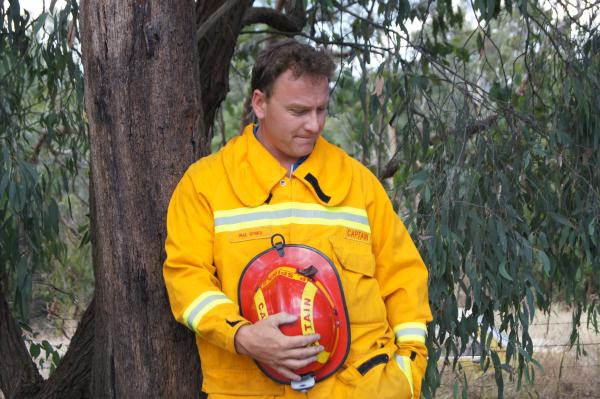
Digital Editions
-
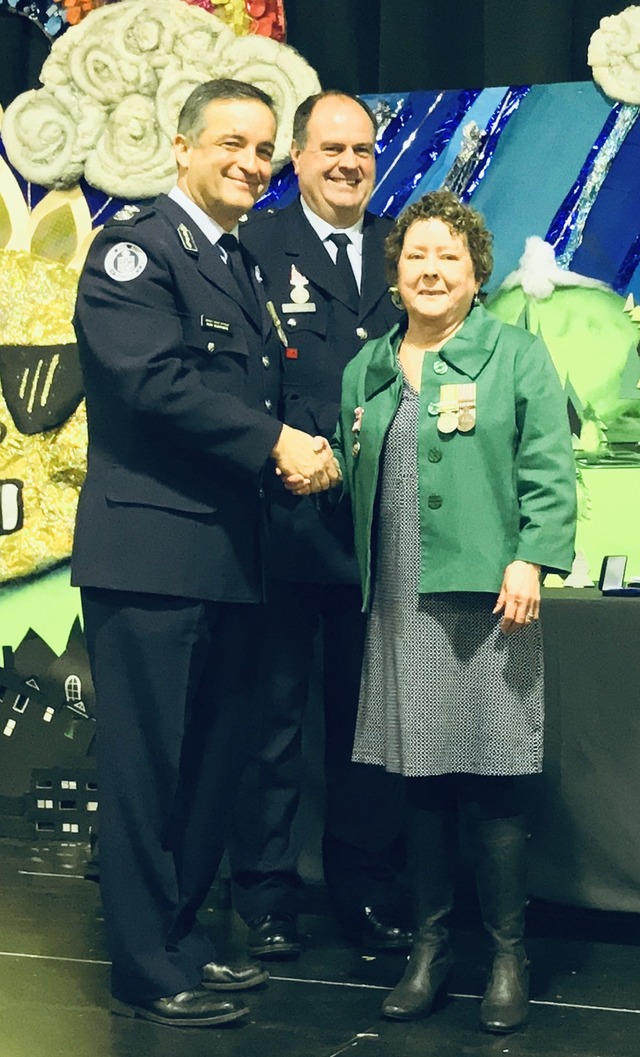
Vale Joy Aldham
The Selby CFA community is mourning the loss of a beloved member, Joy Aldham, who passed away in January, just a week before her 75th…


